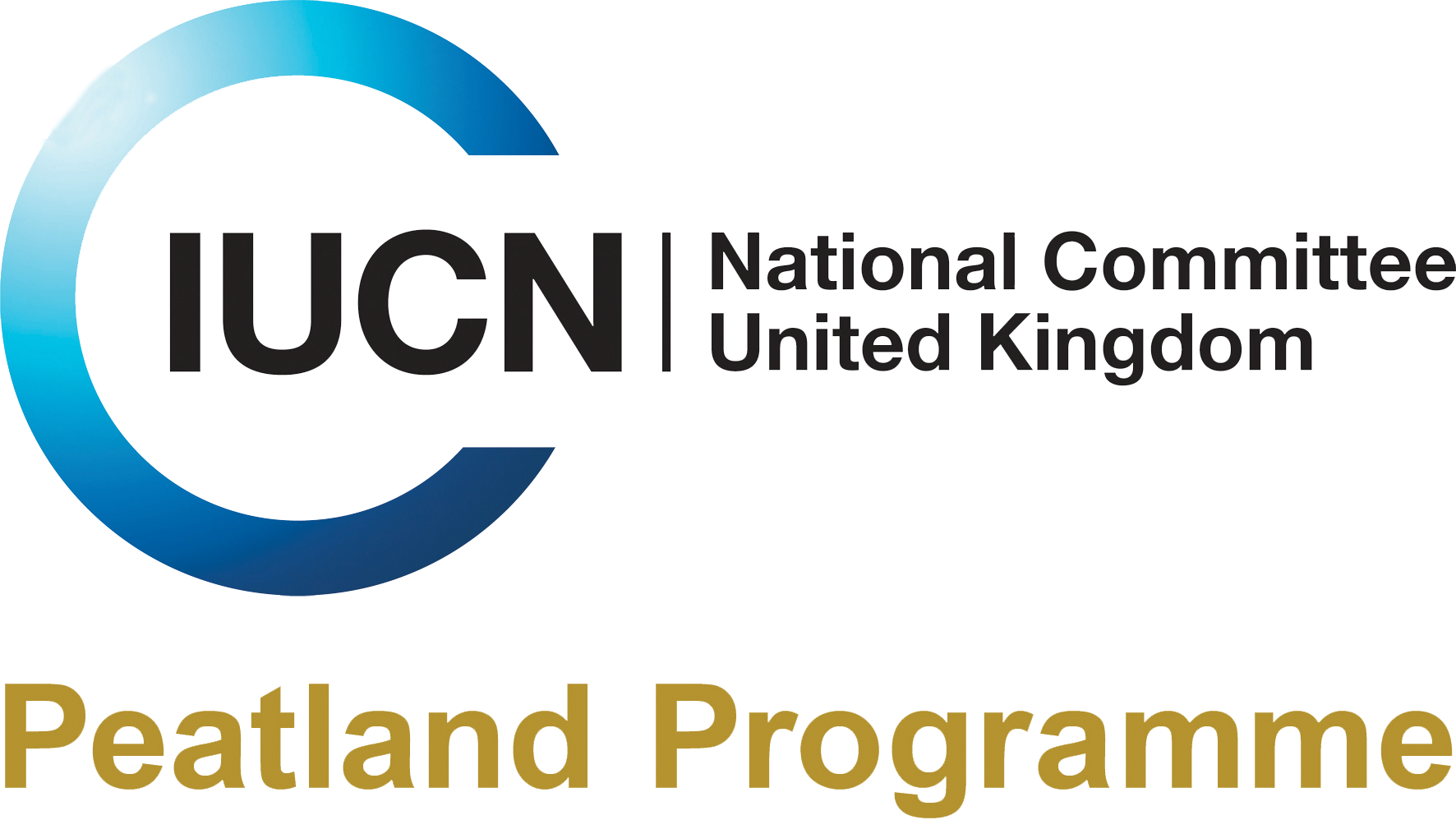Search
Search
Experts joins forces to stop bogs going down the drain
Scientists, land managers and industry officials are set to join forces in Edinburgh today (3 November) as a Commission of Inquiry investigates the steps needed to repair our important peatbogs…
Resources
Natural Resources Wales announces new funding for peatland restoration
A new restoration fund, managed by Natural Resources Wales (NRW), was launched this week in an effort to help safeguard valuable peatlands.
Bog Day resources
Peatland Code Restoration
New resource available: Explaining the impact of peatland drainage
A new video explaining the impacts of draining peatland on carbon emissions, hydrology and peat structure is now available.
Defra Commissioned Peatland Evidence Review
Peatland Restoration
Communicating Peatland Restoration
Natural Resources Wales co-ordinates 12 days of public and stakeholder outreach at the Royal Welsh Agricultural Show and the National Eisteddfod.
Budget announcements for UK peatland restoration
Peatlands received a welcome funding boost in the UK Budget 2020.
Evaluating the socio-economic benefits of peatland restoration
User Guide for practitioners interested in evaluating the socio-economic benefits of peatland restoration.
